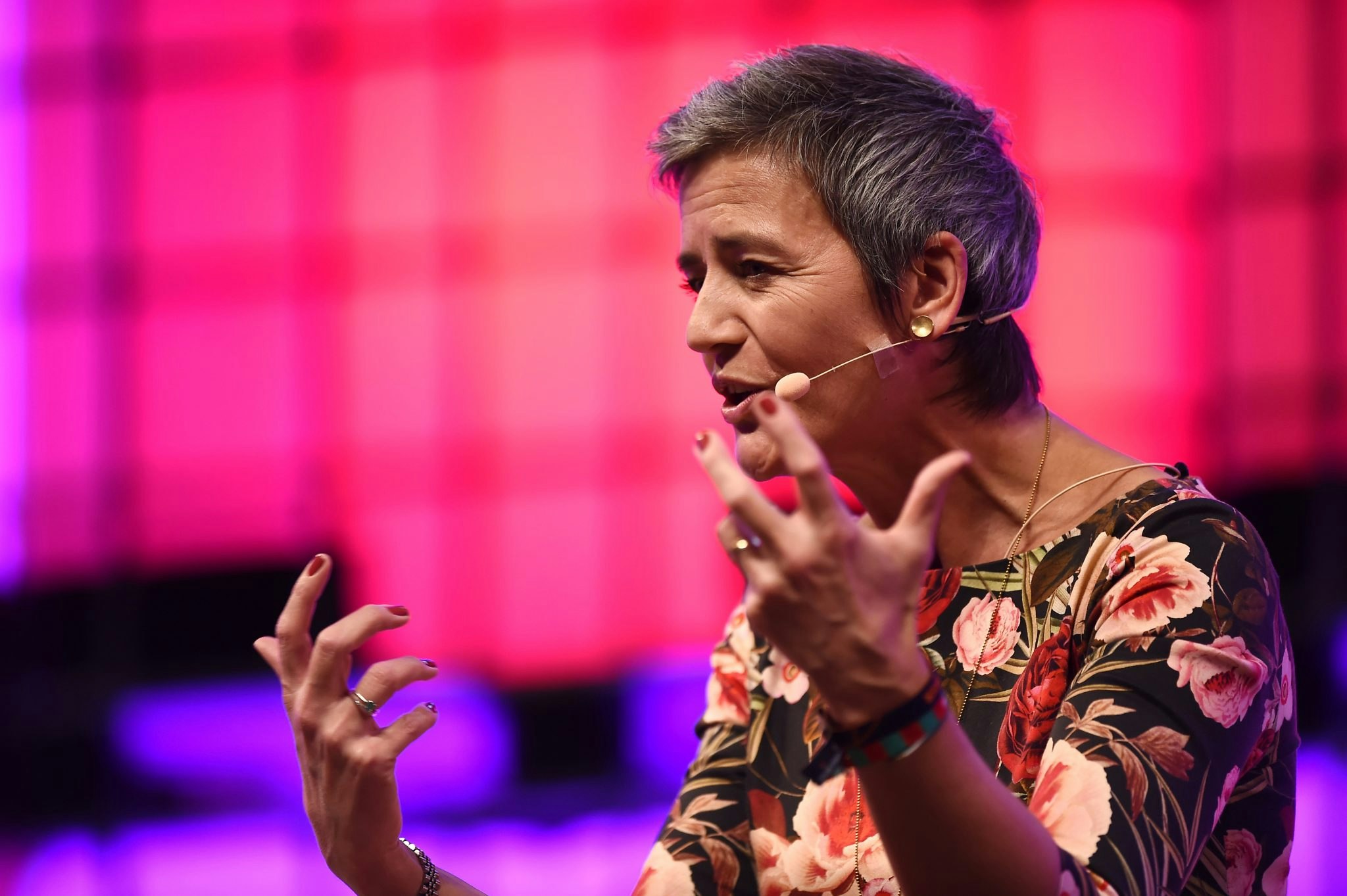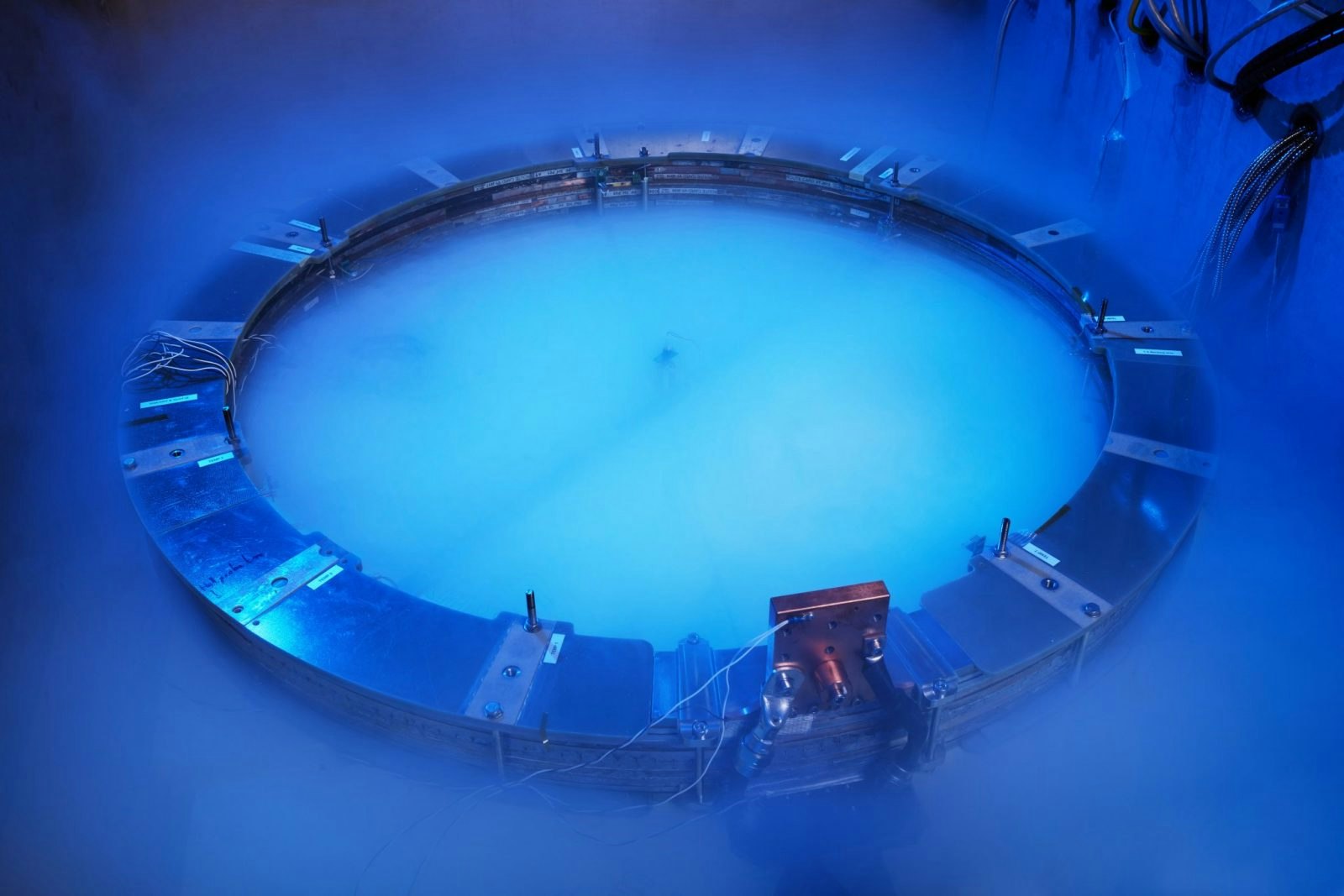In space, no one can hear you scream about rising interest rates.
It’s more difficult for space companies to raise funds right now than it has been for years. Global investment has come back down to Earth: it was more than 40% lower in H1 than in the same six months last year, according to VC firm Space Capital.
Everyone’s trailing space’s top dog, Elon Musk’s SpaceX. The European Space Agency was forced to turn to the American giant recently to book satellite launches next year, while Europe waits for a functioning launcher.
Still, there are glimmers of hope for the region’s stalled space ambitions.
This year saw Europe’s first fully private rocket launch: Spain’s PLD Space sent a rocket up into the sky in October. The flight lasted 306 seconds, but it was enough to qualify as a milestone moment.
Rival rocketeers in Germany, France and the UK, meanwhile, are inching closer to the launchpad, each hoping it can propel Europe into SpaceX’s league.
In this article, we discover which space teams in the region are growing fastest by headcount in 2023.
Job data for the past year has been pulled from data provider Dealroom. All the companies featured were founded after 2005 and — to avoid the results being skewed by small businesses making a flurry of hires — startups needed to have raised $50m or more to make the cut.
So: who’s really up in space?
1\ E-Space
Founded: 2021
HQ: Toulouse, France
Team growth this year: 111% to 114 employees
Total funding: $50m
Founder Greg Wyler, the entrepreneur who started UK satellite operator OneWeb, plans to put up to 100k satellites in orbit this decade with his latest business venture. The startup raised a $50m seed round in 2022 from American VC Prime Movers Lab. E-Space aims to create a huge network of small satellites that can deliver services to businesses and governments, from secure communications to remote infrastructure management. There’s a big global rush to create these space mega constellations: the number of satellites in orbit has multiplied more than 10x since 1998, to approximately 8,500.
\2 Exotrail
Founded: 2015
HQ: Massy, France
Team growth this year: 85% to 137 employees
Total funding: $74m
France’s Exotrail, which makes electric propulsion systems called spaceware, as well as mission design and operations software, raised $58m from public and private investors in February, led by French investor Bpifrance. Exotrail used some of the money to create two US subsidiaries. It’s also developing “spacedrop”, a logistics service like DHL that will take your satellite from Earth and drop it off at your required delivery point.
\3 Orbex Space
Founded: 2015
HQ: Forres, UK
Team growth this year: 85% to 144 employees
Total funding: $127m
UK-based rocket company Orbex is gearing up for the launch of its 19-metre-long rocket, which would be reusable and powered by a renewable biofuel. The company bagged £40m in its Series C round in 2022, to be paid towards the expansion of its production and business facilities in the run-up to the first launch and beyond. The company has proposed launching up to 12 orbital rockets a year, though there are no dates yet for when the first lift-offs would take place.
\4 All.Space
Founded: 2013
HQ: Reading, UK
Team growth this year: 46% to 200 employees
Total funding: $122m
The British antenna manufacturer — previously known as Isotropic Systems — manufactures terminals used to communicate with satellites in orbit. With space becoming blanketed with satellites from companies including OneWeb, SpaceX, Amazon and SES, there’s a growing market here for All.Space, which mainly targets defence customers.
\5 Aerospacelab
Founded: 2018
HQ: Mont-Saint-Guibert and Charleroi, Belgium
Team growth this year: 33% to 204 employees
Total funding: $56m
The Belgian company — which netted €40m from investors last year — is building what it says will be the biggest microsatellite factory in Europe (large enough to produce 500 satellites annually).
\6 Open Cosmos
Founded: 2015
HQ: Harwell, UK
Team growth this year: 29% to 76 employees
Total funding: $57m
This UK “cubesat” developer — which makes satellites roughly the size of a Rubik’s Cube — raised $50m in September to expand the company and develop larger satellites and constellations focused on Earth observation. The company is also developing a satellite data analytics platform called DataCosmos.
\7 PLD Space
Founded: 2011
HQ: Elche, Spain
Team growth this year: 25% to 146 employees
Total funding: $58m
Spanish startup PLD Space launched its recoverable Miura1 rocket — named after a breed of fighting bull — from a site in southwest Spain in October. The experimental flight saw the rocket rise 28.6 miles into the sky before falling back to Earth. It didn’t reach space, but there was enough in the journey to uncork the celebrations back at company HQ. PLD Space will shoot for a new flight in 2025 and enter service in 2026 if everything goes well.
\8 Isar Aerospace
Founded: 2018
HQ: Ottobrunn, Germany
Team growth this year: 19% to 329 employees
Total funding: $330m
Europe’s best-capitalised private space company, Isar Aerospace, is having a banner year. In March, the company announced Europe’s biggest spacetech deal of the year, a $165m Series C. Then last month, it was announced the company would fire rockets from an island off of Norway next year. Isar hopes to eventually launch up to 15 missions per year from Europe’s first spaceport for orbital missions (which is called Andøya) at a cost of €10-12m per flight.
\9 ICEYE
Founded: 2015
HQ: Espoo, Finland
Team growth this year: 8% to 493 employees
Total funding: $304m
Finnish satellite operator ICEYE continues to grow, on the back of a $136m Series D raise in 2022. The company specialises in combining a special type of imagery, called synthetic aperture radar, which is able to capture pictures of Earth at night and through clouds, a key advantage over traditional imaging satellites. One big driver of ICEYE’s business is its “natural catastrophe product line” — this means monitoring floods, wildfires and other disasters that are more likely to happen in the future due to climate change.


